10 Easy Ways to Reduce Waste & Save Money in the Process

I'm going to share ways to reduce waste and save money. Being 100% perfect at zero waste can feel like an unachievable task, but some action is better than none. Here are easy ways to practice mindful consumerism to help your bank account and planet.
1. Make beauty products with coconut oil
Use coconut oil to take off your makeup because wipes are wasteful and costly.
Mix coconut oil with baking soda for deodorant and with shea butter as a lotion. You’ll reduce plastic container waste and it costs pennies to make an abundance of beauty supplies.
2. Ditch baggies
Don’t use single-use plastic baggies. Switch to beautiful glass storage containers with airtight locks.
Bring your lunch in reusable silicone bags that are spill-proof and last for years.
Instead of large plastic baggies, store bread in unbleached organic cotton bags to keep bread crunchy on the outside and moist inside.
3. Switch to reusable metal razors
Stop using cheap plastic disposable razors which can become expensive and wasteful over time. Use a metal razor that costs about $20 on Amazon and order huge packs of 25 to 100 new razor blades so it lasts a lifetime.
4. Shop with reusable grocery bags
Americans throw away over 100 billion plastic grocery bags a year, which take over 1,000 years to break down. Bring your own grocery bags to the store to eliminate plastic waste.
Also, opt out of using plastic produce bags and just place them in your reusable bag.
5. Use a menstrual cup
It's estimated that a woman will use over 300 pounds of menstrual period supplies in her lifetime that go into the landfill.
Use a reusable silicone cup that lasts 10 years.
6. Use DIY cleaning supplies
Make your own chemical-free window cleaner, dusting spray, all-purpose spray, and air freshener out of a few simple ingredients that cost pennies to make, kill bacteria, smell great, reduce plastic waste, and last a long time.
7. Reuse water bottles
It's estimated that over 1 million water bottles are purchased every minute globally. Make the switch to reusable water bottles to eliminate plastic sitting in landfills.
8. Reuse dishcloths
Toss the need to purchase sponges that fill with bacteria and switch to reusable organic cotton or bamboo dishcloths. Kills all the bacteria, smells great, and I don't have to replace them every week.
9. Plan meals
Avoid food waste with weekly meal plans and eat leftovers to reduce food waste. Create a grocery list and stick to it to help out your monthly budget, and stop buying impulse items.
Use glass containers for leftovers. You're more likely to eat leftovers when you can see them in the container.
10. Shop at secondhand stores
Shop at thrift stores for clothes, furniture, and household items. Mix used purchases in with some of your newer items. Mend clothes with missing buttons or zippers instead of tossing or donating. Small repairs make clothes last longer.
How to reduce waste and save money
What are some of the ways that you’ve incorporated zero waste into your life? I would love to hear them in the comments below.
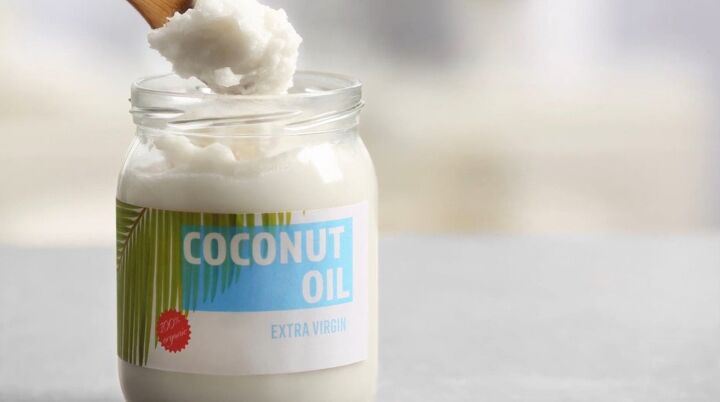
















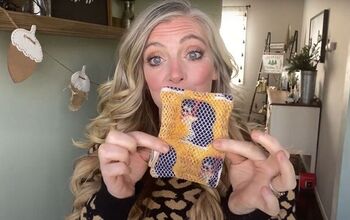
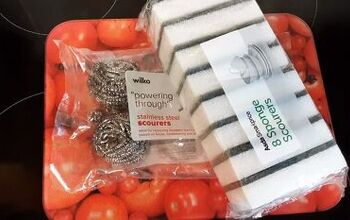
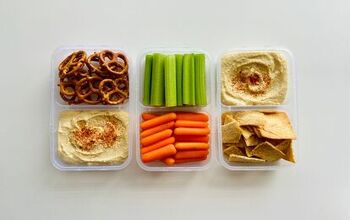
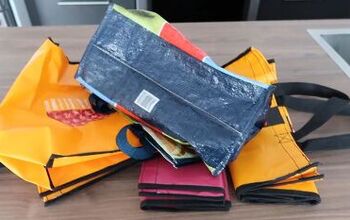
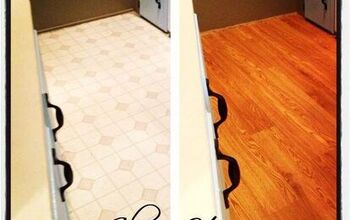


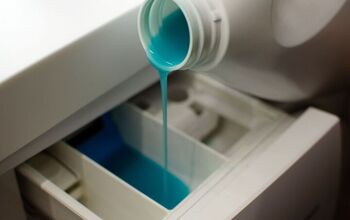

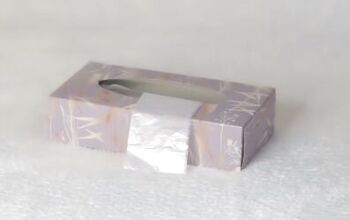
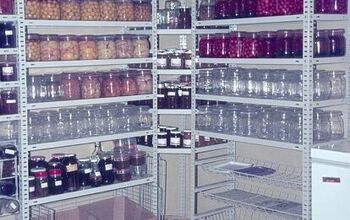
![101 Items to Get Rid of With No Regret [Free Declutter List]](https://cdn-fastly.thesimplifydaily.com/media/2022/08/30/8349390/101-items-to-get-rid-of-with-no-regret-free-declutter-list.jpg?size=350x220)
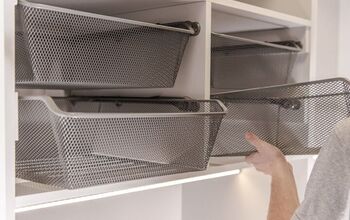




Comments
Join the conversation
I can't find the links to the razors and other suggestions...
Many thanks for the info, I greatly appreciate it. Blessings‼️